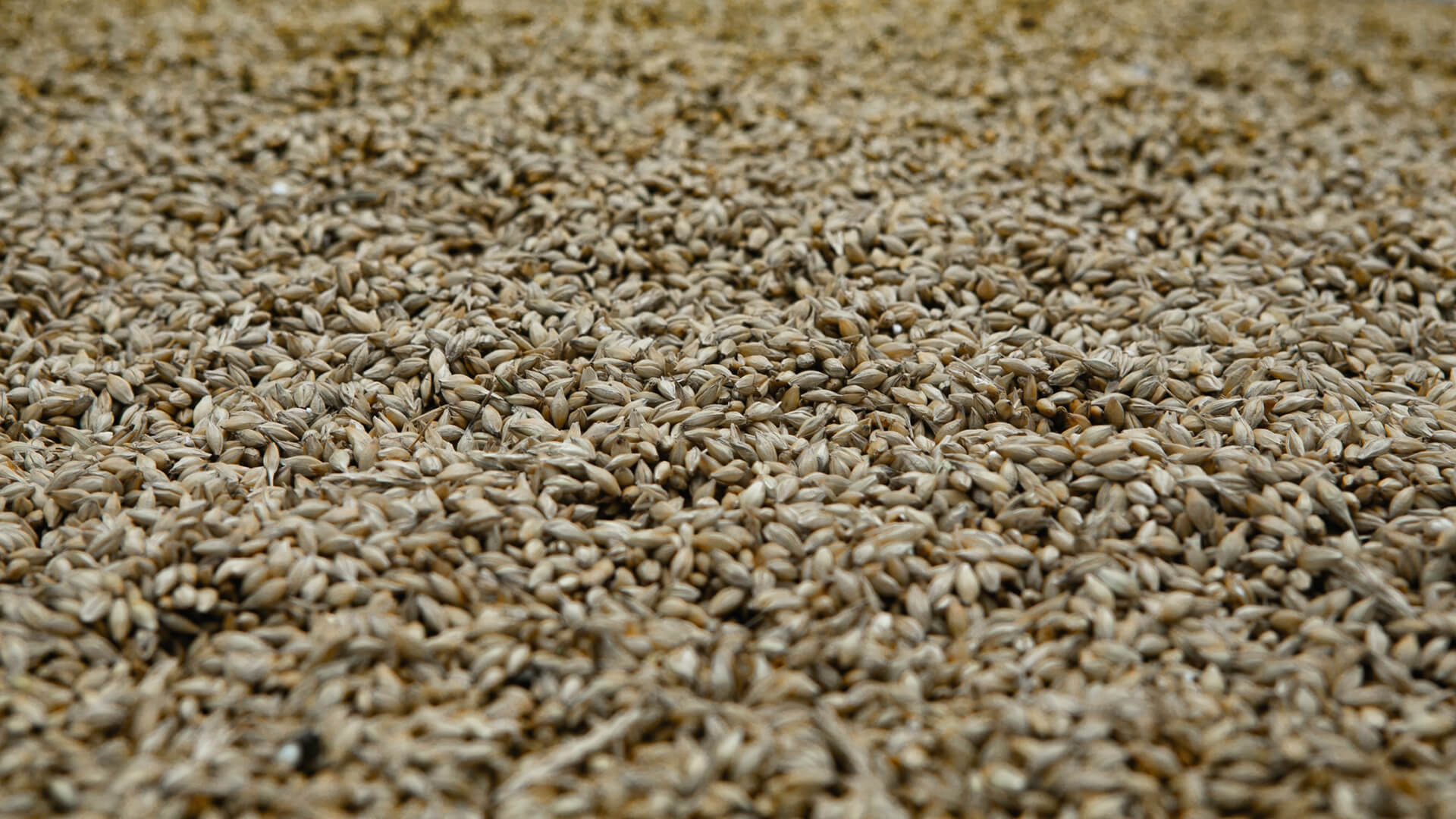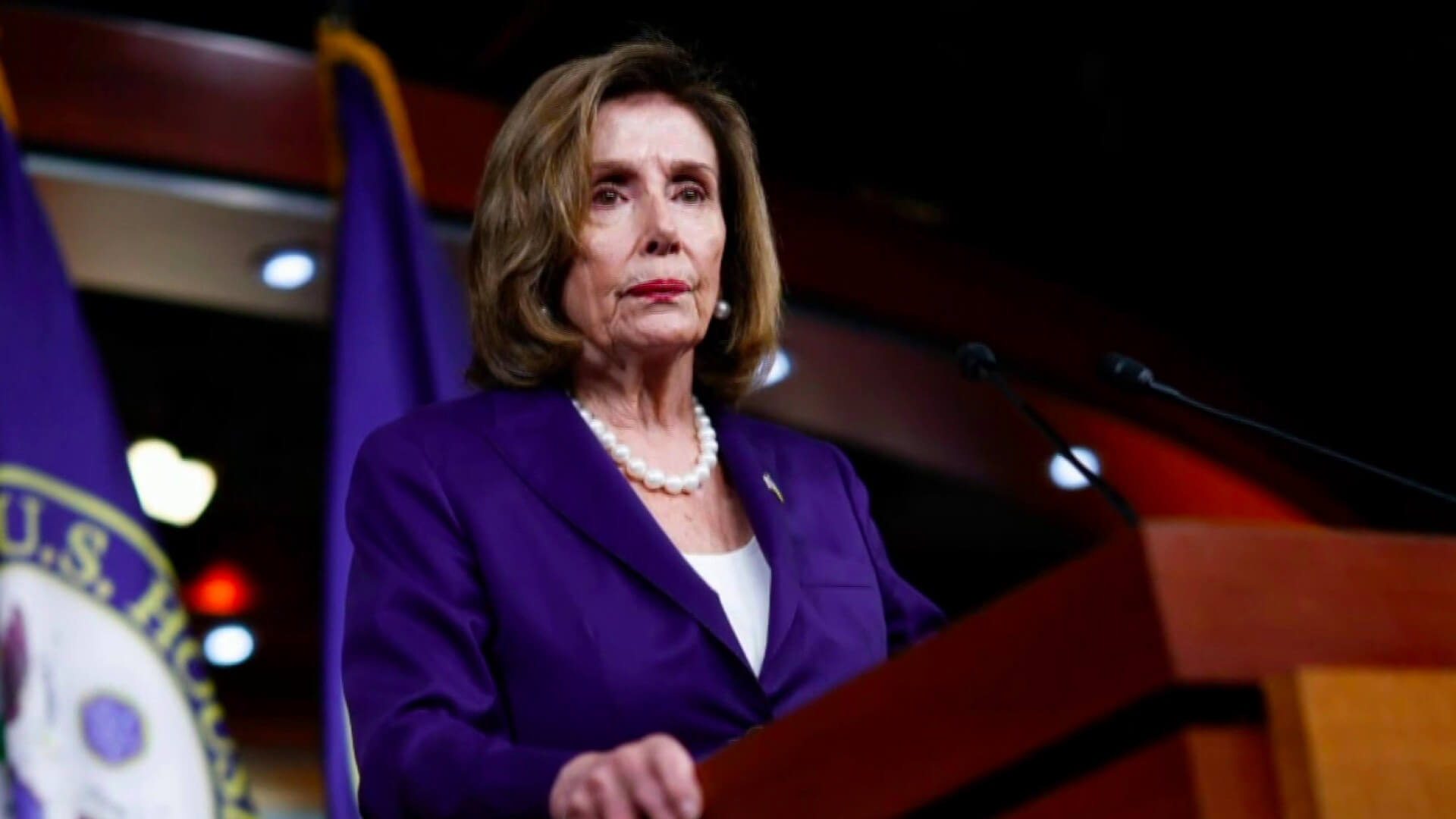After an adventure that included harrowing high altitude crossings, brushes with forest fires, a pulled hamstring, and some really good wine, I have returned from my annual detox trip. But before I start laying down some brainwork, I thought it best to make an introduction.
We at Zeihan on Geopolitics are happy to share our thoughts with you on global events–in video format and our newsletters–free of cost. We have always done so free of cost, and will continue to do so in the future. But for those of you who are interested and able, we do ask that if you find our content informative and useful to please join us in supporting various charities.
For the remainder of 2022, we have elected to support MedShare. MedShare is a longstanding charity with global reach, delivering medical supplies and training to communities in need. Their mission addresses both chronic need and crisis response. We have provided links to both their general operations and Ukraine-specific funds below, and you can here their profile on Charity Navigator here.






